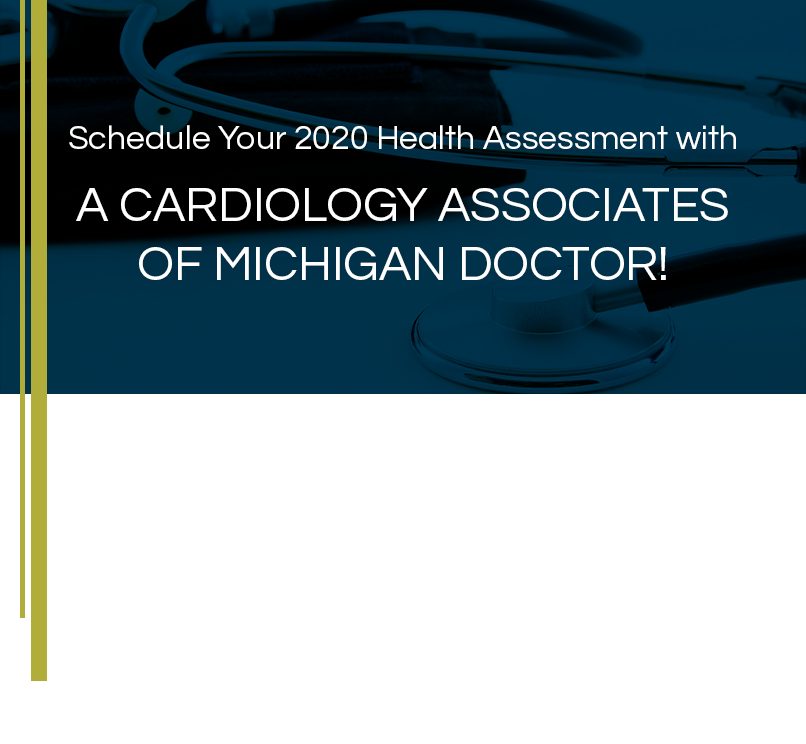Filled with Love: Managing Heart Health During Pregnancy
Pregnancy can be like a magic ball that allows you to see a glimpse of the future. Many pregnant women experience various health issues, most of which are temporary. In some cases, however, it may be an indication that you’re at greater risk for cardiovascular disease or other conditions later in life.
Researchers have found correlations between women who have gestational hypertension or gestational diabetes and women who develop heart disease later in life. Premature births have similar correlations.
If you are concerned about your health or your baby’s health, talk with your obstetrician or one of our cardiologists. In order to manage heart health during pregnancy, you should be aware of several issues.
1. Increased Blood Flow and Heart Rate
A rise in blood flow and extra stress on the heart is a common part of pregnancy. The amount of blood in your body increases by about 50 percent in order to nourish your growing baby, and your heart pumps out much more blood during this time. For that reason, your heart rate may quicken by about 10 to 15 beats per minute.
2. Arrhythmia
An irregular heartbeat is common during pregnancy. If there is no previous history of heart disease or other medical concerns occurring simultaneously, this issue is usually benign.
If this becomes troublesome during your pregnancy or causes dizziness or shortness of breath, you should speak with your doctor or seek immediate medical care. This is something you should especially be mindful of if you have been diagnosed with arrhythmia in the past.
3. Higher or Lower Blood Pressure
Some women experience spikes in blood pressure, which should be monitored and controlled.
4. Pre-Existing Conditions
Congenital heart defects, congestive heart failure, and heart valve issues all can have an impact on your body during pregnancy. Make sure your doctor is aware that you have these pre-existing conditions or other conditions that may affect you during this time.

Gestational diabetes is common for many women. In order to manage heart health during pregnancy, it’s important to monitor several potential medical issues.
5. Gestational Diabetes
Spikes in blood sugar levels are common, partially because hormonal and metabolic changes affect how blood sugar levels are regulated. These blood-sugar levels tend to become more regular after childbirth.
If you were a diabetic prior to the pregnancy, you should notify your doctor in order to better monitor your condition.
DIABETES AND HEART HEALTH ARE RELATED IN NUMEROUS WAYS.
It’s important to protect your heart health during pregnancy as well as after the baby is born, both for your sake and the child’s.
Protecting Your Heart During Pregnancy
- Ask your doctor to help you create a healthy eating plan.
- Complete recommended exercises.
- Don’t smoke, which can be just as harmful to your baby as it is to you.
- Don’t drink alcohol or use illegal drugs.
- Reduce or cut out caffeine intake.
- Get the appropriate amount of sleep to keep your body functioning at its best.
- Keep your prenatal appointments, during which your doctor can monitor your heart health, blood pressure, and glucose levels.
- Monitor your weight. You will naturally gain several pounds, but if you gain too much, you will place additional stress on your heart and put yourself at risk of health problems. The ideal amount of weight gain depends on body-mass index and how much you weighed prior to pregnancy, but the number can be anywhere from 15 to 40 pounds depending on these factors.
Maintaining Heart Health After Childbirth
- Reach and maintain a healthy body weight.
- Continue to avoid smoking after childbirth.
- Limit alcohol consumption afterward to facilitate a healthier body weight.
- Maintain an ideal sleep schedule. During the first year after childbirth, consider having another adult in the home to watch the baby while you get your much-needed rest.
- Exercise regularly.
EAT HEALTHIER FOODS, INCLUDING HEART-HEALTHY HERBS AND SPICES.
For additional information about managing heart health during pregnancy and maintaining a heart-healthy diet after pregnancy, make an appointment to see one of our cardiologists.





